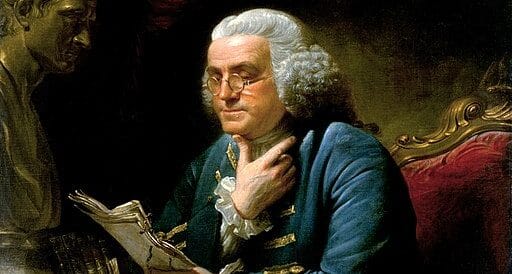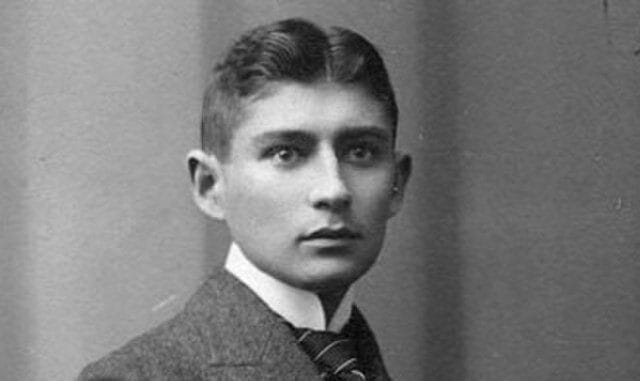Virginia Woolf: A Literary Pioneer Who Redefined Feminism and Modernism
Virginia Woolf, born Adeline Virginia Stephen on January 25, 1882, in London, was one of the most influential literary figures of the 20th century. A combination of privilege, intellectual stimulation, and profound personal tragedy shaped her early years. These formative experiences significantly influenced her works and worldview.
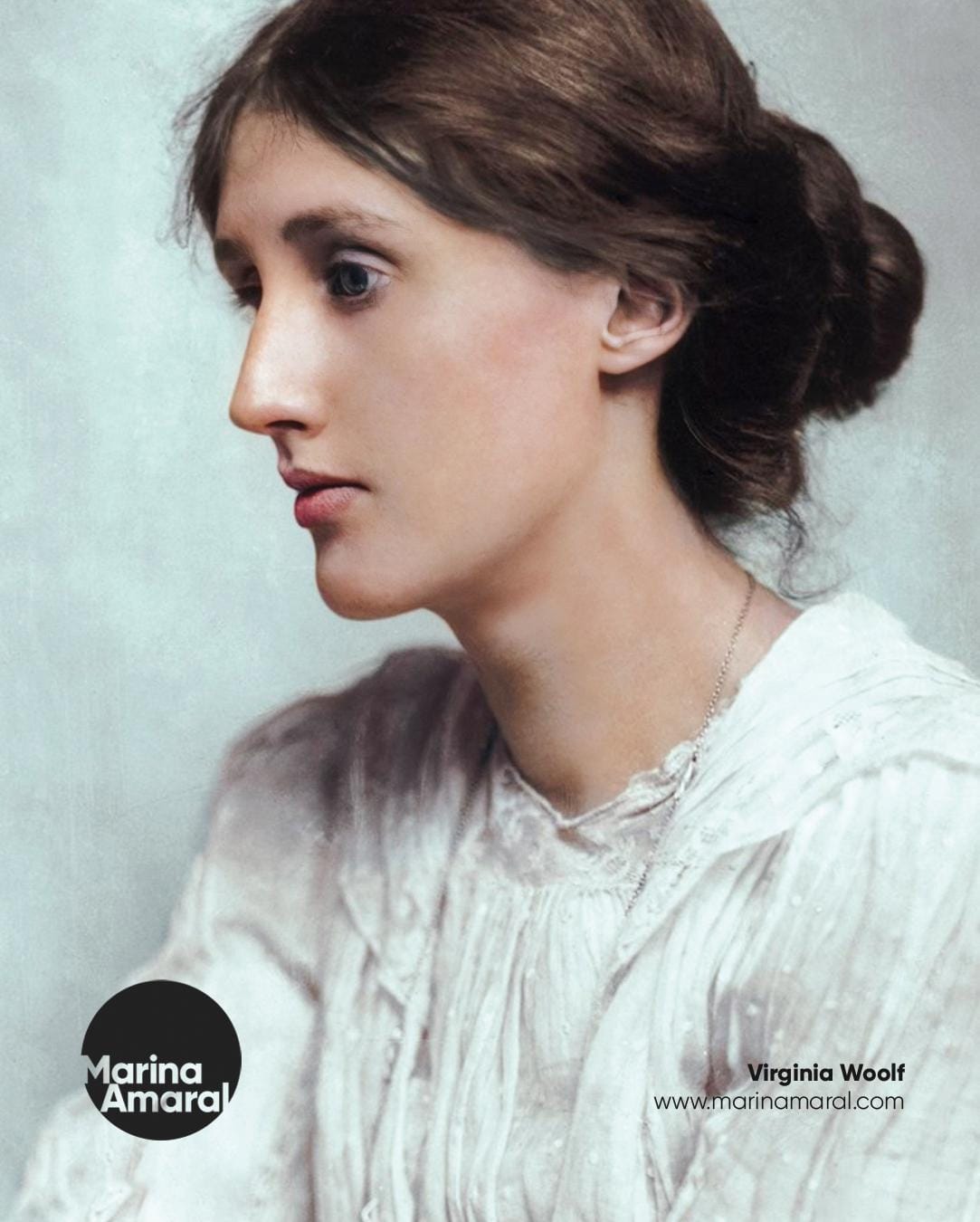
Virginia was the daughter of Sir Leslie Stephen and Julia Prinsep Stephen (née Jackson). Sir Leslie Stephen was a distinguished literary critic, historian, and the first editor of the Dictionary of National Biography. His erudition and intellectual pursuits deeply influenced Virginia and her siblings.
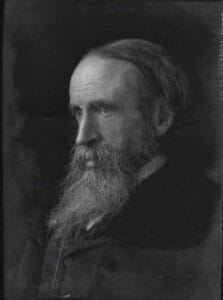
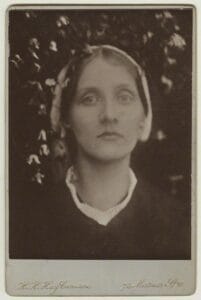
Julia Stephen was a philanthropist and a renowned beauty who served as a model for the Pre-Raphaelite painters. She brought a compassionate and nurturing presence to the household. Julia had three children from her first marriage, Stella, George, and Gerald Duckworth, while Leslie had a daughter, Laura, from his previous marriage. The Stephens shared a close bond and fostered a mutual appreciation for literature and the arts.
Siblings and their influence
Virginia Woolf grew up in an intellectually rich household with four siblings: Vanessa Bell, Thoby Stephen, Adrian Stephen, and a half-sister, Stella Duckworth, as well as two half-brothers, George and Gerald Duckworth, from her father’s first marriage. Vanessa, the older sister, was a talented artist and a significant member of the Bloomsbury Group, influencing Virginia’s artistic and intellectual development. Her older brother, Thoby, attended Cambridge University, where he cultivated a passion for philosophy and introduced Virginia to the cultural landscapes of London. Thoby’s untimely death significantly impacted Virginia. Adrian, her younger brother, also studied philosophy at Cambridge, and Virginia shared a deep intellectual bond with him. Their home at 22 Hyde Park Gate in London served as a hub for learning, promoting stimulating academic discussions.
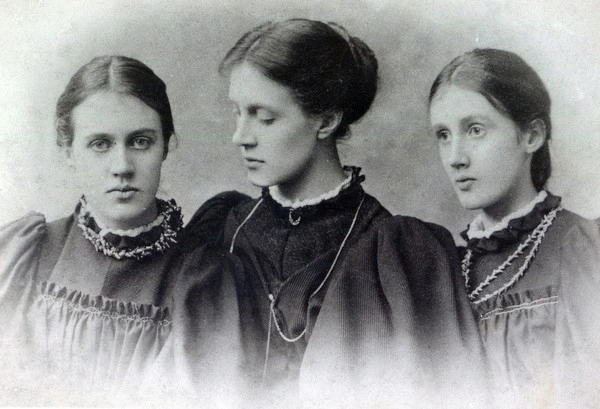
Stella Duckworth, Virginia’s half-sister, became a mother figure after their mother died. She provided stability to the family. Stella did not attend university. But, she was an avid reader. She contributed to the family’s literary environment. Virginia’s half-brothers, George and Gerald Duckworth, were influential in her early life. George, an outspoken and domineering man, had a complex bond with Virginia. Gerald, a barrister, was more distant. Despite their different roles, all of Virginia’s siblings shaped her mind. The Stephens family, living at Hyde Park Gate, fostered an atmosphere rich in literature, art, and academic conversation.
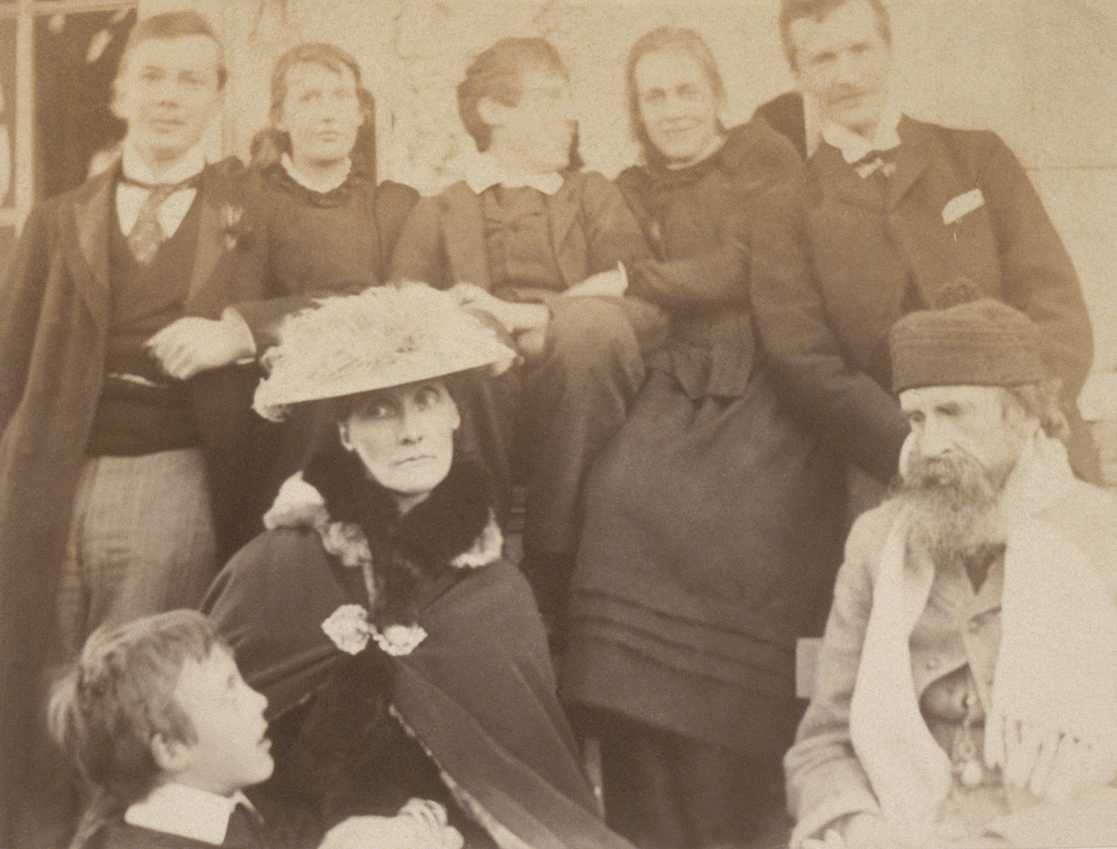
Virginia’s childhood was marked by intellectual stimulation and profound emotional loss. The family often retreated to the countryside. There, they pursued their love of reading and learning. Virginia was deeply affected by her mother’s early death when she was thirteen. Her father died later. Though Virginia did not attend school, she was home-schooled by private tutors. Her father’s vast library greatly influenced her. Her siblings’ academic backgrounds, especially their time at Cambridge, and their intellectual pursuits, shaped Virginia’s literary voice and her personal struggles.
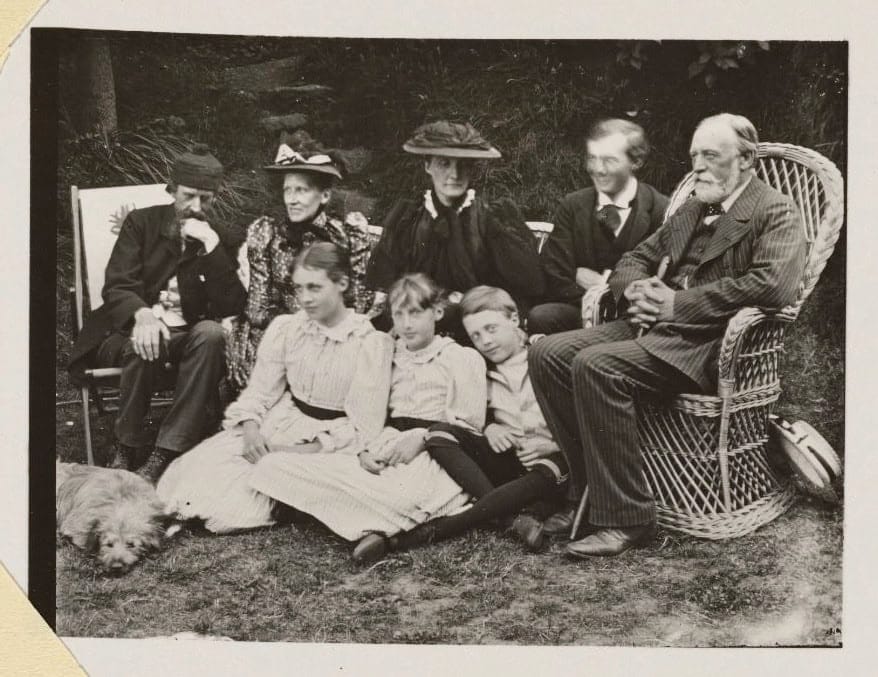
Tragedies in Early Life
A series of devastating losses marked Virginia’s early life.
The Death of Her Mother (1895)
Julia Stephen died when Virginia was 13. The family mourned. It deeply affected her mental health.
The Death of Stella Duckworth (1897)
Julia’s eldest daughter, Stella, was a mother to her younger siblings. She died of peritonitis two years later.
The Death of Her Father (1904)
Sir Leslie Stephen’s death was another emotional blow for Virginia. The family relocated to Bloomsbury shortly after, beginning a new chapter in her life.
Sexual Abuse by Half-Brothers
Virginia and her sister Vanessa suffered sexual abuse from their half-brothers, George and Gerald Duckworth. These traumas deeply influenced her later works and views on gender and power.
Psychological Struggles
Virginia experienced her first mental breakdown following her mother’s death. Over the years, she battled recurring depression and mania. The tragedies had caused her deep grief, which made her symptoms worse. These struggles, while debilitating, also fueled her deep introspection and innovative literary style.
Virginia’s early life, though marked by privilege, was deeply interwoven with grief and resilience. Her family, great minds, and tragedies shaped her literary legacy.
The Bloomsbury Group
In 1904, following her father’s death, Woolf and her siblings moved to the Bloomsbury area of London. They began hosting gatherings that drew a circle of intellectuals, writers, and artists. They became known as the Bloomsbury Group. This collective challenged Victorian norms, advocating for artistic expression, sexual freedom, and feminism. Within this stimulating environment, Woolf’s literary career flourished.
Marriage to Leonard Woolf
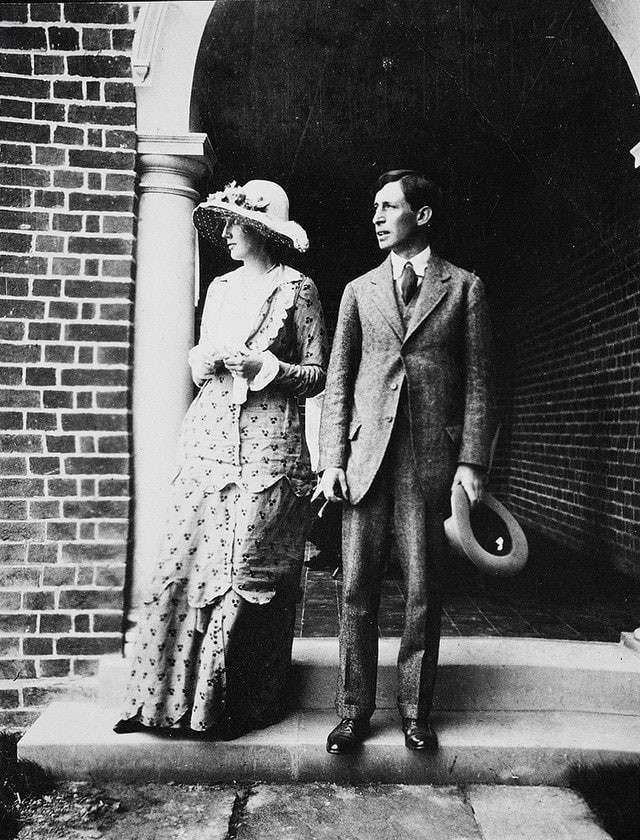
Virginia and Leonard Woolf married for over 30 years, from 1912 until her tragic death in 1941. Their bond was rooted in a deep connection and respect. Leonard supported Virginia as she struggled with mental health issues.
Both were highly intellectual. Their marriage was based on a shared passion for literature, politics, and the arts. Leonard, a writer and socialist, became Virginia’s main caregiver. He gave her stability and comfort during her bouts of depression. His care let Virginia focus on her writing. Together, they formed a partnership that shaped much of their work.
The Woolfs were key members of the Bloomsbury Group. They played a vital role in the early 20th-century literary and cultural movements. In 1917, they co-founded the Hogarth Press, an indie publisher. It published Virginia’s works and those of other avant-garde writers. This publishing venture was key to their careers and to modernist literature.
Despite her mental health struggles, Leonard’s support was constant. He became her caretaker. He managed the household and her care. He also ensured she had space to create. After her death, Leonard dedicated his life to preserving Virginia’s legacy. He published her diaries, letters, and works. He wanted to ensure that her literary contributions would be remembered for generations. Their enduring partnership, marked by love and respect, changed their lives and the literary world.
If this glimpse into Virginia Woolf’s life spoke to you, I’d love for you to explore more of what I’ve written about her. There’s so much depth in her words and ideas, and I’ve tried to capture that in a few other posts:
- 21 Famous and Notable Quotes by Virginia Woolf: Feminism, Love, and Life
- How Virginia Revolutionized Modern Literature?
- Why Read Virginia Woolf Today?
- Why Virginia Woolf’s ‘A Room of One’s Own’ Still Matters Today?
Each of these pieces reflects my deep appreciation for her work and legacy. I believe you will find them insightful and thought-provoking as well.

